Ukhiya, June 26 (V7N) – Law enforcement agencies in Cox's Bazar have apprehended a Rohingya individual on charges of impersonating administration officials and defrauding ordinary Rohingya refugees within the Ukhiya camps.
The arrest occurred on Wednesday (June 25) around 7 PM during a raid at Kutupalong 2 West Rohingya camp, following a secret tip-off.
The alleged fraudster has been identified as Yahya Mahmud, son of Abu Salam, from B-5 Block of 2 West Rohingya Camp (FCN: 2622220). He was initially brought to the Ukhiya Army Camp for verification of the allegations. After confirming the veracity of the claims, the cordon shell commander of Ukhiya Army Camp handed him over to Ukhiya Police Station.
Ukhiya Police Station Officer-in-Charge (OC) Muhammad Arif Hossain confirmed the arrest and the details of the fraud. According to the OC, Yahya Mahmud had been "deceiving people for a long time by pretending to be a high-ranking officer of the security forces."
Investigations confirmed that Yahya Mahmud would present himself as "Army Colonel Muslim" or even "Corporal Muslim (FIU)" to deceive unsuspecting Rohingyas. He would claim to have the ability to solve various problems due to his close contacts with "Colonel Muslim" or "SI officers of the police," and even boasted of a relationship with the Commissioner of Refugee Relief and Repatriation. Through these false pretenses, he allegedly extorted large sums of money from ordinary Rohingya refugees and camp fishermen by intimidation.
OC Mohammad Arif Hossain stated that law enforcement agencies are taking a "strict stand against such identified criminals" to protect both Rohingya refugees and local residents from fraud.
Challenges in Rohingya Camps and Common Fraud Schemes:
The Rohingya refugee camps in Cox's Bazar, being highly concentrated and often vulnerable populations, present a complex environment for law enforcement. Challenges include:
Overcrowding and Lack of Privacy: The extremely high population density can make it difficult to monitor activities and can increase vulnerability to exploitation.
Limited Livelihood Opportunities: The restrictions on formal livelihoods within the camps can drive some individuals towards illicit activities or make others more susceptible to scams promising financial gains or solutions to their problems.
Vulnerability to Exploitation: Refugees, particularly those with limited education or understanding of local laws and procedures, are often susceptible to various forms of fraud.
Presence of Criminal Elements: Various criminal groups operate within the camps, engaging in activities such as drug trafficking, human trafficking, and extortion. Individuals impersonating authorities can leverage this environment of fear and desperation.
Language and Communication Barriers: While efforts are made, communication gaps can sometimes be exploited by fraudsters.
Common types of fraud and exploitation reported in Rohingya camps include:
Impersonation: Individuals pretending to be aid workers, government officials, or security personnel to extract money or other benefits.
Promises of Repatriation or Resettlement: Scammers may promise expedited repatriation to Myanmar or resettlement in a third country in exchange for large sums of money.
Fake Job Offers: Offering non-existent jobs outside the camps in exchange for fees.
Extortion: Demanding money from refugees under various pretexts, often with threats of violence or denial of services.
Identity-related fraud: Attempts to manipulate or misuse identity documents or aid distribution systems.
Law enforcement agencies and humanitarian organizations continuously work to raise awareness about such scams and improve mechanisms for reporting and addressing fraudulent activities to protect the vulnerable refugee population.
END/SIU/RH/




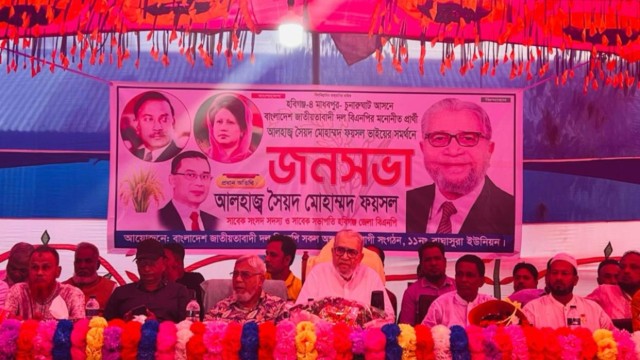

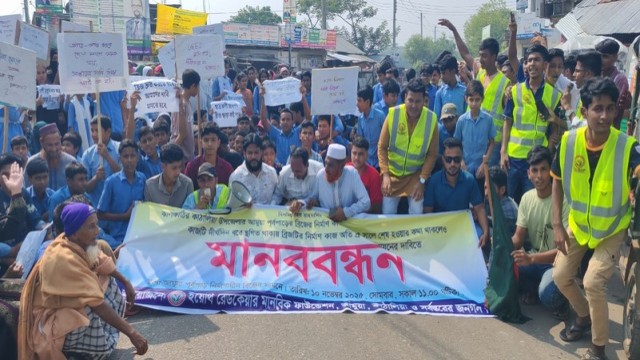
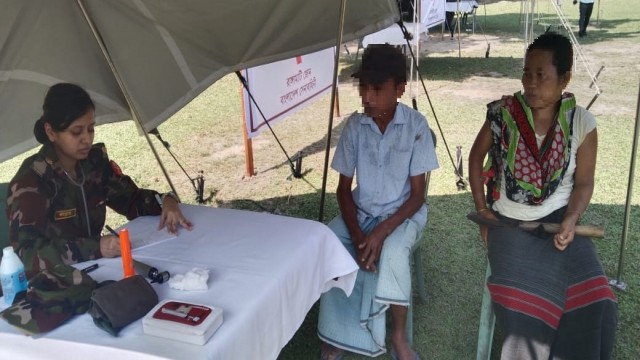
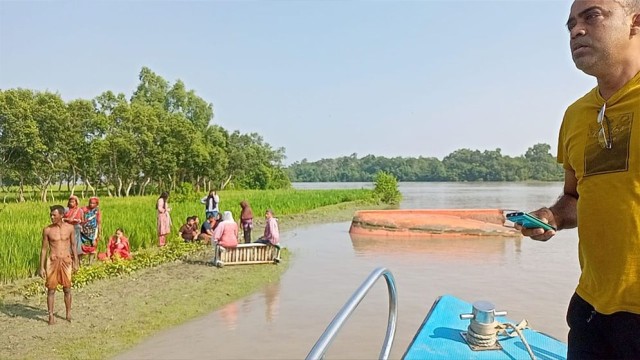

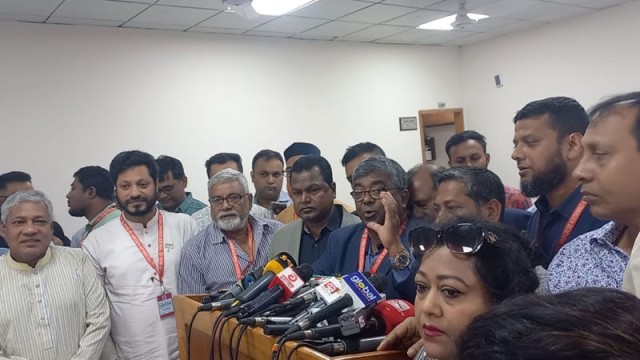
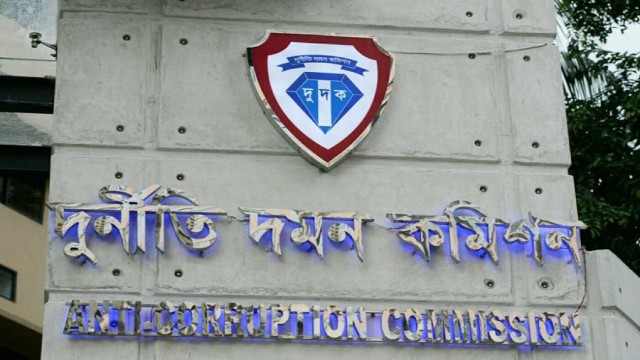


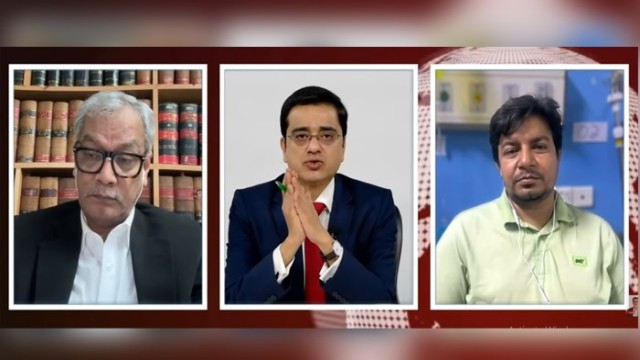


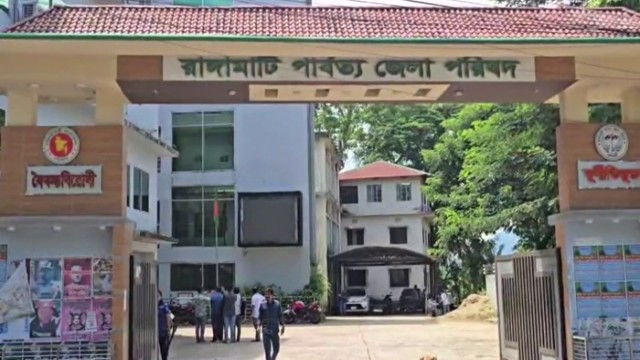
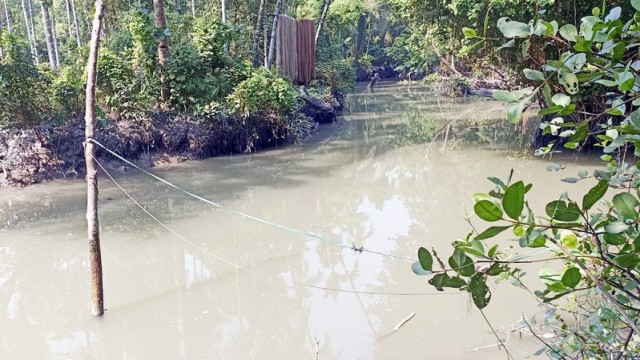
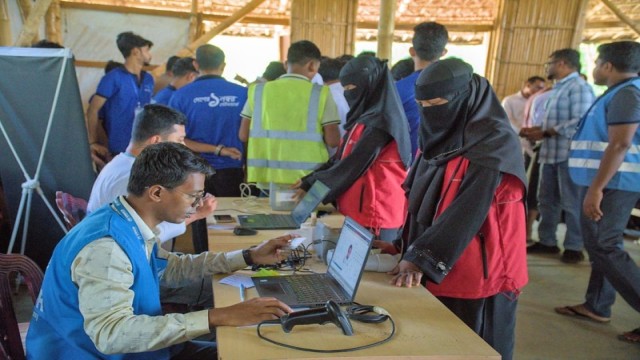


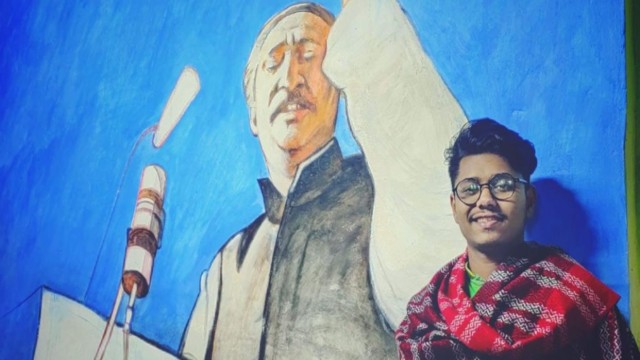
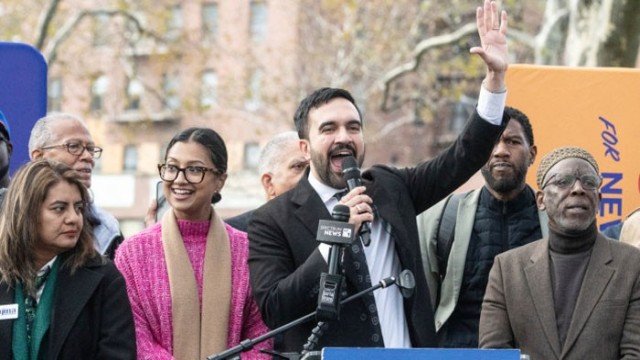







Comment: